As Sony Continues To Censor East Asian Games, ‘The Last Of Us’ Co-Creator Neil Druckmann Boasts That PlayStation Parent Company Allows Naughty Dog “Creative Freedom”
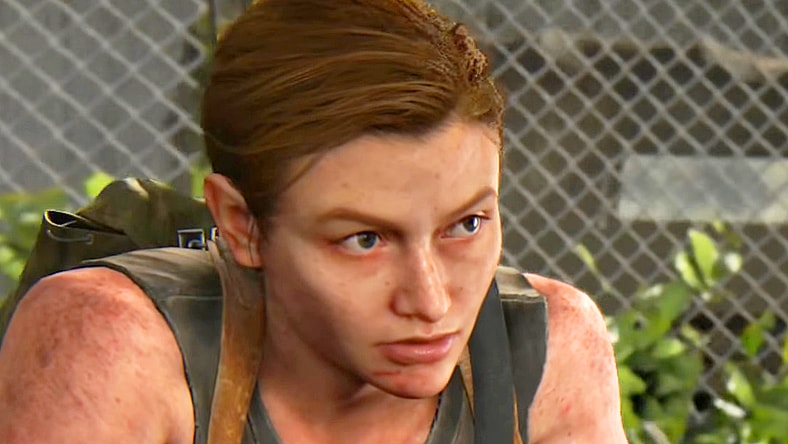
In further dispersing any doubt that the Western video game industry has a chip on their shoulder when it comes to their overseas counterparts, The Last of Us co-creator Druckmann has revealed that while Sony continues to censor violent and sexual content in East Asian titles, the PlayStation parent company openly affords his team at Naughty Dog studios an impressive amount of “creative freedom”.
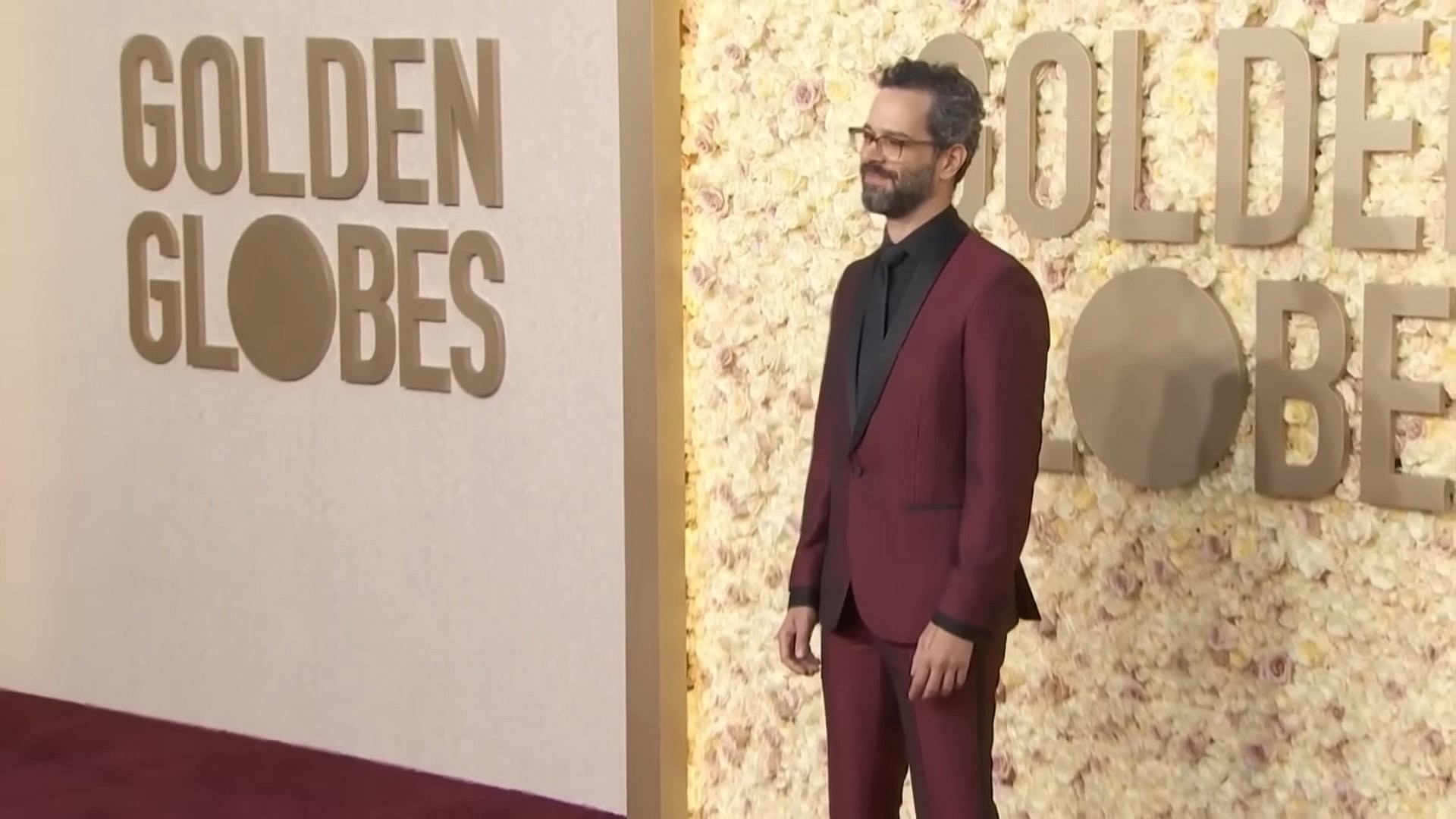
The Naughty Dog studio head provided this unintended insight into the blatant double standards held by Sony’s leadership while speaking to the company itself regarding the “Evolution of Storytelling Across Mediums“.
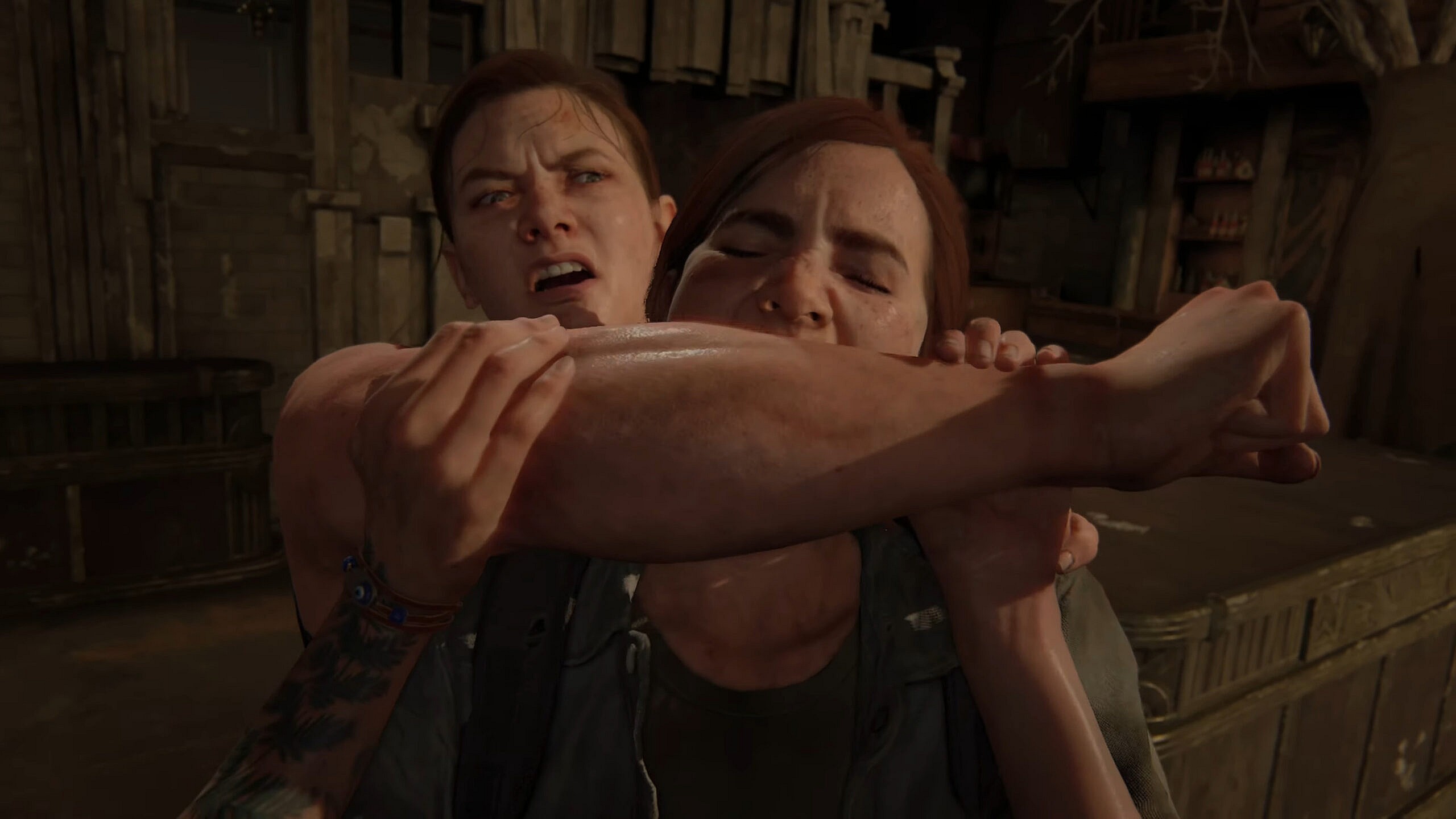
Asked by the entertainment conglomerate for his opinion as to “how can Sony advance interactive, immersive entertainment and storytelling with its diverse capabilities?”, Druckmann asserted that there were “two key areas for advancing interactive and immersive entertainment.”
“Firstly, boosting hardware capabilities is essential—it not only supports high-fidelity, complex games but also simplifies the development of simpler ones by reducing the need for extensive code optimization,” he explained. “Secondly, the development of sophisticated tools is crucial. These tools increase our efficiency, enabling us to achieve more with less.”
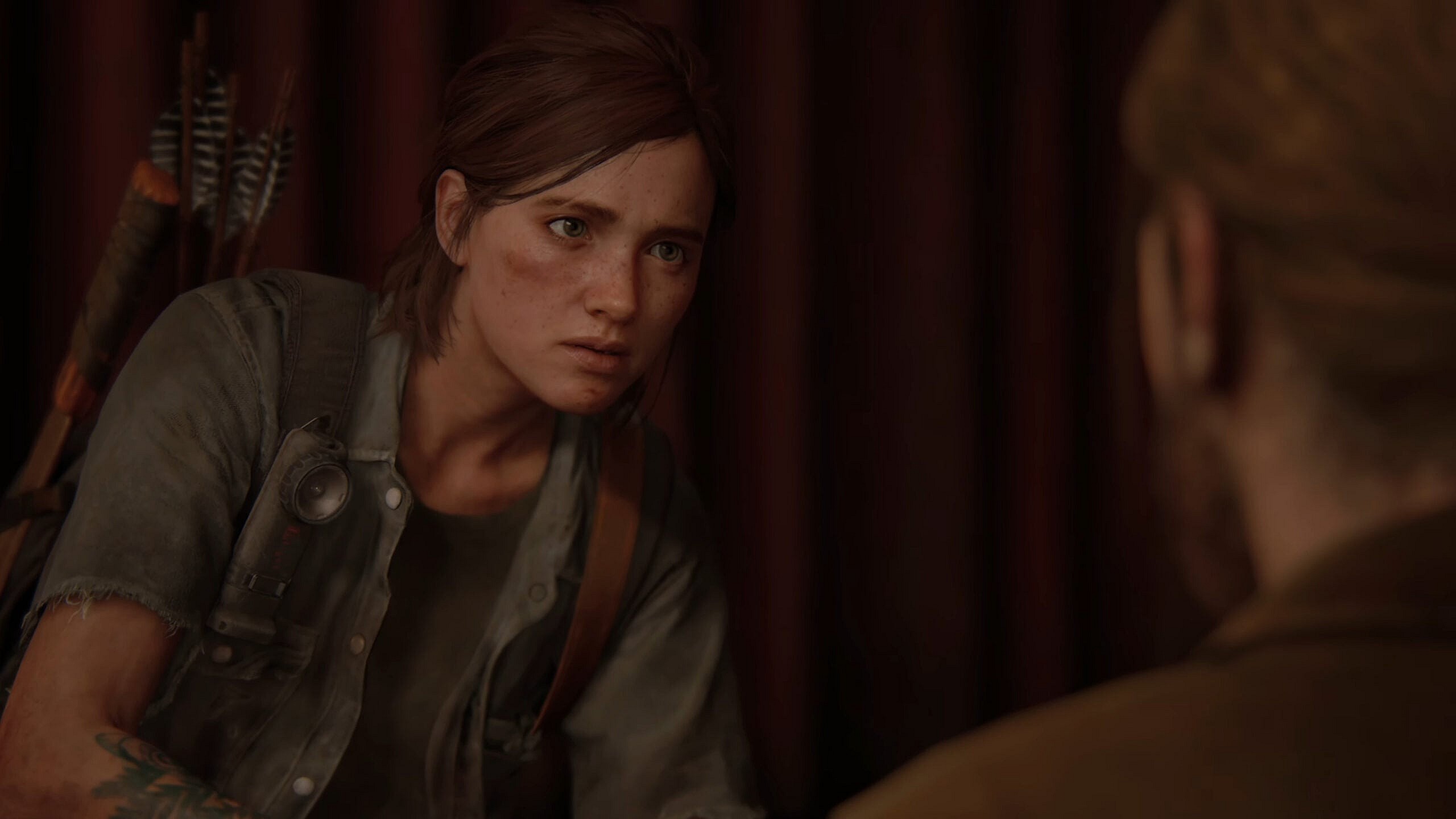
Expanding on his thoughts, Druckmann added, “For instance, at Naughty Dog, we are using a proprietary engine that automates environmental design using predefined rules, allowing the software to create landscapes automatically. If we could do motion capture without any markers, it could revolutionize performance capture in gaming and more, lowering barriers for creators and reducing reliance on large budgets, letting creativity lead.”
To this end, finding himself with one additional point to make on the topic, the Uncharted 4: A Thief’s End co-writer then noted that “One important aspect not directly linked to production or Sony Interactive Entertainment’s technology is the creative freedom that the company provides.”

“You have to take risks to find new ideas that connect with audiences, and even though Uncharted was a chart-topping success, it was important for our studio to innovate again with a new franchise like The Last of Us,” he said. “Many companies would insist on sticking to profitable franchises, but SIE’s culture and philosophy empower us to pursue new ideas.”
Closing out his answer, Druckmann ultimately declared, “Art requires risk; You can’t engineer perfectly and predict how successful it will be. I’m incredibly thankful that SIE trusts us to leverage our past successes to explore brand new creative avenues.”
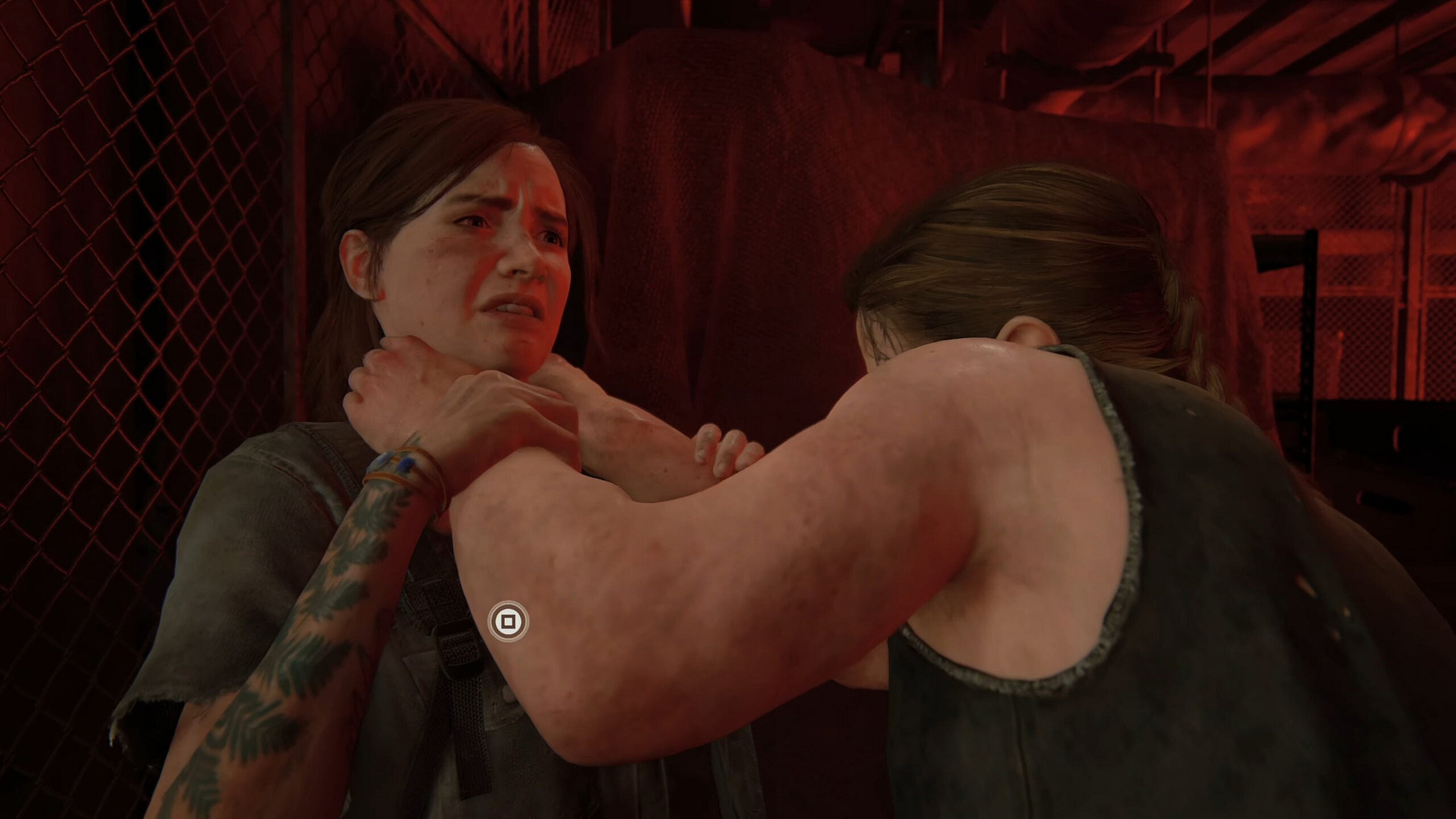
Frustratingly, though Sony apparently allows Naughty Dog to pursue their creative visions, they do not allow Japanese developers the same grace.
As evidenced by the removal of sexual imagery from an art book included in the physical release of Tsukihime – A Piece of Blue Glass Moon, the ‘blacking out’ of Naruto and Sasuke’s severed arms in Naruto: Ultimate Ninja Storm 4, and the censoring of Stellar Blade‘s combat viscera, it is not unlikely for a Japanese title to find themselves drawing the censorious attentions of Sony for even the slightest of violent or sexual content.
Meanwhile, The Last Of Us II was allowed by Sony to include not only excessive levels of highly-detailed gore, but also a full-on, graphic sex scene, no questions asked.
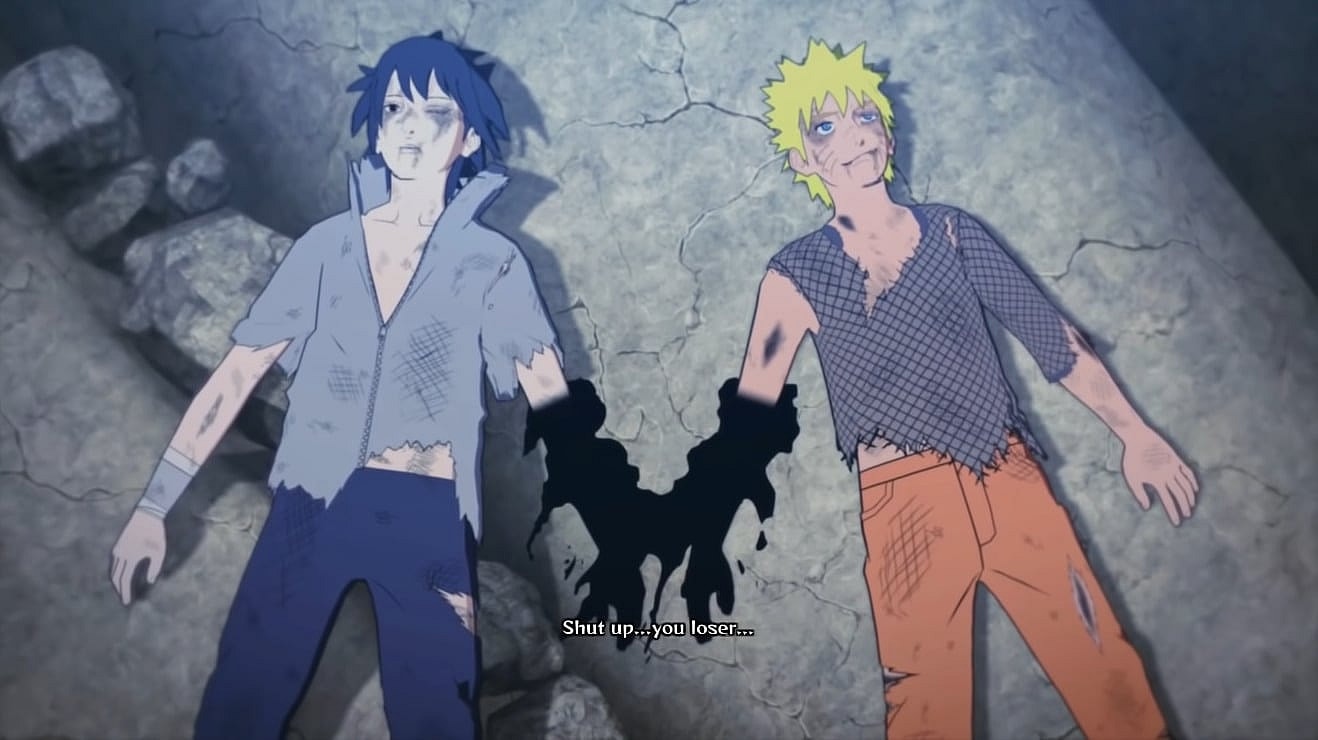
Ultimately, while it is a welcome state of affairs that Naughty Dog is afforded such freedom in their creative endeavors – as all studios should be – the fact that the same can not be said of the various Japanese developers seeking to publish their titles on a Sony console is nothing short of hypocritical.
As of writing, Druckmann is currently at work on his next title – a title he claims “could redefine mainstream perceptions of gaming.”
